Hi friends and welcome back to the blog!! Did you see the title?? Do you know who I interviewed?? Ahhh!! Today I have a post that I’ve been looking forward to for a very long time: an interview with the one and only Olivie Blake, author of one of my favorite reads of the year, The Atlas Six.

Olivie Blake (pseudonym for Alexene Farol Follmuth) is one of my absolute favorite writers, and while The Atlas Six is certainly her most popular work at the moment, she has written several books and has quite the backlist of prior work (and is currently working on more), all of which will be linked at the bottom of this post! As you can probably tell from the header, we mostly discuss The Atlas Six in this interview, and we do talk a bit about Alone With You in the Ether as well.
If you haven’t yet heard of The Atlas Six (how??) here’s an introduction to the novel:
Published: January 31st 2020
Genre(s): fantasy, adult, fiction
Synopsis:
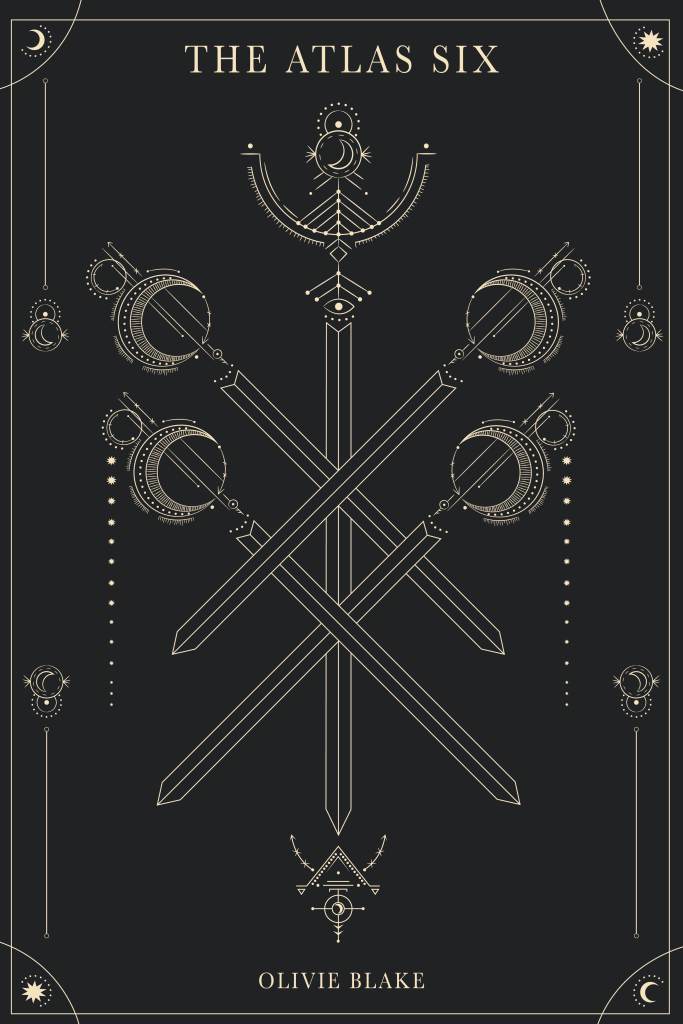
The Alexandrian Society, caretakers of lost knowledge from the greatest civilizations of antiquity, are the foremost secret society of magical academicians in the world. Those who earn a place among the Alexandrians will secure a life of wealth, power, and prestige beyond their wildest dreams, and each decade, only the six most uniquely talented magicians are selected to be considered for initiation.
Enter the latest round of six: Libby Rhodes and Nico de Varona, unwilling halves of an unfathomable whole, who exert uncanny control over every element of physicality. Reina Mori, a naturalist, who can intuit the language of life itself. Parisa Kamali, a telepath who can traverse the depths of the subconscious, navigating worlds inside the human mind. Callum Nova, an empath easily mistaken for a manipulative illusionist, who can influence the intimate workings of a person’s inner self. Finally, there is Tristan Caine, who can see through illusions to a new structure of reality—an ability so rare that neither he nor his peers can fully grasp its implications.
When the candidates are recruited by the mysterious Atlas Blakely, they are told they will have one year to qualify for initiation, during which time they will be permitted preliminary access to the Society’s archives and judged based on their contributions to various subjects of impossibility: time and space, luck and thought, life and death. Five, they are told, will be initiated. One will be eliminated. The six potential initiates will fight to survive the next year of their lives, and if they can prove themselves to be the best among their rivals, most of them will.
Most of them.
To see all my thoughts on this book, feel free to check out my full review, as well as those of a couple other bloggers I follow: Saima & Jayati.
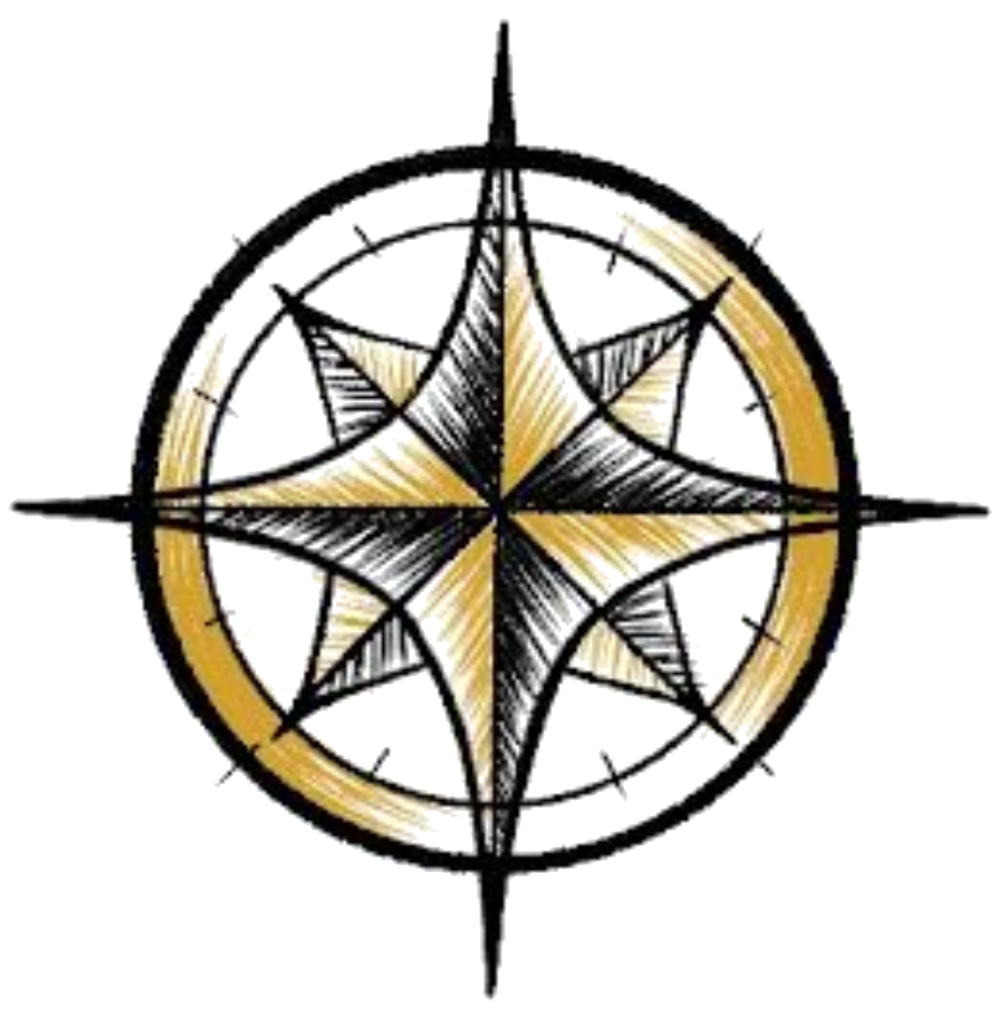
A big thank you to Alexene for doing this interview with me, it was such a fun videochat and she gave the most thoughtful and engaging answers; we had an amazing conversation and I’ve done my best to compile the over-an-hour-long zoom meeting into a question and answer format.
…If you know how long ago I said I was going to post this interview, please look away. It took me forever to edit (shoutout to Sam for helping, I know he must’ve gotten annoyed with me at least once during the overlong process), and I cut it down from the over-fifty-pages-long document it was, into this more concise (a subjective term) and easily readable (also subjective) blog post that it now is, which I think I deserve a pat on the back for. But anyway.
Since this is quite a lengthy post, I’ve compiled a list of some key points so it’s a bit easier to navigate!
Key Contents:
- the sub-genre of dark academia
- writing diversity
- writing/outlining process
- the concept of time
- characterization & their powers
- morality & corruption arcs
- book two (the atlas paradox)
- yes, of course, ships
- my mechanical romance (her upcoming novel)
- the atlas six hardcover and audiobook
- self-publishing
- alone with you in the ether
- extras
- about the author
- what she’s working on/upcoming work
- book links
If you have not yet read The Atlas Six, BEWARE OF SPOILERS!!! There are pretty mild spoilers for The Atlas Six throughout the entire interview, and then some very big ones in a couple of questions. There is also a spoiler (kinda) for Alone With You in the Ether in the final question about it.
If for some reason you haven’t read the book and don’t mind spoilers, then knock yourself out, but if you’re planning on reading it eventually (you should!) questions number 1, 2, 3, 4, 5, and 13 are safe, and I would avoid the rest.
If you’d like to know more about The Atlas Six, Alexene, or any of her work, you can check out her Twitter, Instagram, Tumblr, Youtube, and Author Website.
I’ve cut out all the conversational bits of the question and answer portion, though there are some parts where I just copied and pasted straight from the audio transcript. There were also a few things Alexene said that I found interesting, but didn’t fit entirely to any question (without the context of my side of the dialogue) so I’ll attach those in an ‘extras’ portion towards the end.
Without further ado, I hope you enjoy the read, and here it is!
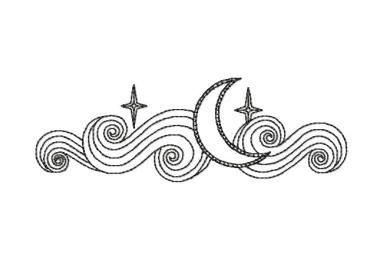
The Interview
1. SANAH: I’m sure that you’ve been asked this before, but this book just keeps getting bigger and I’d love to know how it’s been, and what’s your reaction to your novel spreading far and wide online; what do you think about the fact that so many people are sharing it?
OLIVIE: Definitely my immediate reaction is, and has been, terror [laughs].
There’s so many pieces of it that are hard to explain, when I wrote this I was getting very frustrated with the traditional publishing process, I had already been self-publishing, for three years, I had been querying for two years and it just was starting to feel like okay, I know I have a small but very loyal audience, I’ve got people who are going to be really into this concept. I basically wrote it like, this is the kind of book that I would want to read, this is interesting to me, I know there’s going to be some people who like it — I’m just going to release it and you know, we’ll see what happens.
I never thought it was going to become a big thing and I never queried The Atlas Six, because to me it was hard to pitch in a query.
I was like you know what, this release I will just see what happens — it’ll be my fun little side project, so to watch it have a bigger appeal has just been mystifying.
2. SANAH: What is so captivating about knowledge and do you think that it kind of has to do with the way that higher education has historically been limited? What do you think about the allure of knowledge and the role it plays in the sub genre?
OLIVIE: I think one of the larger themes of not just the book, but the series as a whole is “what is this knowledge worth?”
What does the individual give up for it, what do we give up as a collective, as a society?

The allure is — I started with space for a reason, because it’s one of those things where it’s like if we just understood how space worked, then we would be so concretely powerful.
Like Libby and Nico going “let me make a wormhole” and it’s like — if all we had was just a book saying this is what you can do to unlock this mystery (essentially of science), that would allow you to travel through time or travel through space.
That is the idea, in a nutshell, of “why does knowledge feel so compelling,” it’s because it feels to us like if we just knew this one piece of information, we would unlock all these other mysteries, and existence would make sense, and we would be able to — we’d have some control over our environment, the last frontier that we don’t already control would be ours, and so it’s just such a short path from knowing something to controlling it, owning it, feeling like you have power over it.
The story in a larger sense is kind of exploring their ethics to that and you can make the argument — and the characters do frequently make the argument — do we have a right to this? A what point should it belong to everyone?
3. SANAH: Dark academia tends to focus on mostly Western thinkers and academics, but in the Atlas six the collections of Islamic and Asian libraries lost to imperialism is mentioned on the second page, was it important for you to include that in the story or was it a focus of yours to sort of broaden what’s traditionally been seen as the peak of knowledge?
OLIVIE: It was a source of interest for me when I wanted to start with this idea of ‘who says the Library of Alexandria was just gone,’ you know, like who says that someone wasn’t protecting it, and they would add to that collection.
I think we, in how we [see]the library of Alexandria, we are like, it just contained mass amounts of knowledge, but I would think that there’s still like more going on, there were more libraries.
So as I was researching Alexandria [and if] anyone [has] any idea what was actually contained in it, I was finding the library of Carthage and
All the different ones yeah I mentioned on the second page.
If you had access to one of these things, you would just continue compiling into this archive and that’s what’s really valuable, is not a single library, but the process of collecting information, the idea of having an archive that continues to grow — that’s where the power is — that they’re just sort of monopolizing being the central brain.
OLIVIE: I get questions about writing diversity all the time and people always they pose it as “what makes diversity interesting,” or, “why do you reach for certain cultures” and it’s because… look around, that’s the world. I don’t have to reach for it; it’s there.
When I look around at the world, I am not just seeing the Westernized parts, but I am definitely seeing that, if I were to create a world that was very much like ours, it would take place in a Western setting, in the sense that they have colonized not just the world, but also the world’s information.
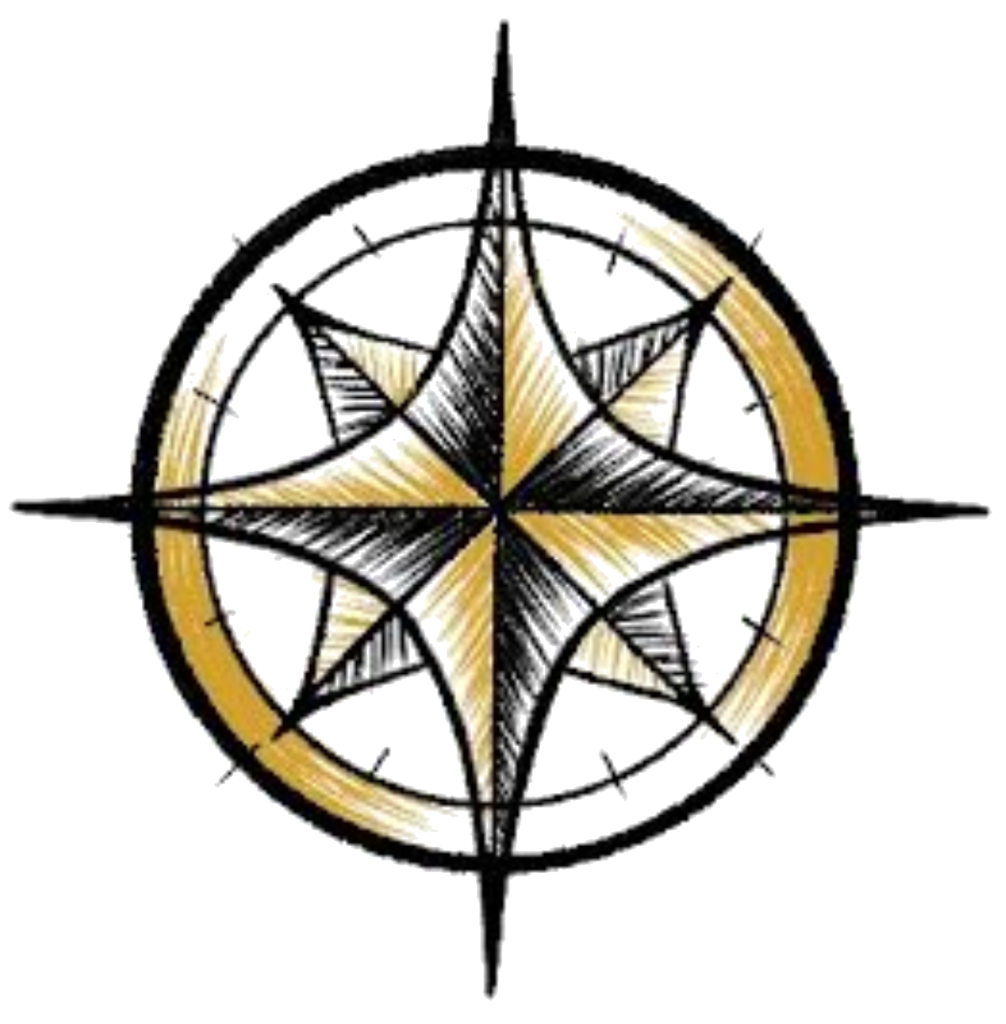
4. SANAH: Shifting a bit from discussion about the genre — I’m very interested in your prose; what’s the outlining process like for you?
OLIVIE: Writing for me is sort of a musical process; it kind of syncopates in my head. While I’m writing I’m hearing it in my head with a rhythm and so it’s almost like poetry that way.
That, I hope, contributes to sort of a flow, like almost a feel of the words, and not just the construction of them.
But in terms of my actual writing process I’m a reformed pantser.
I don’t usually know what is going to happen.
I know what’s going to happen in the immediacy — so my
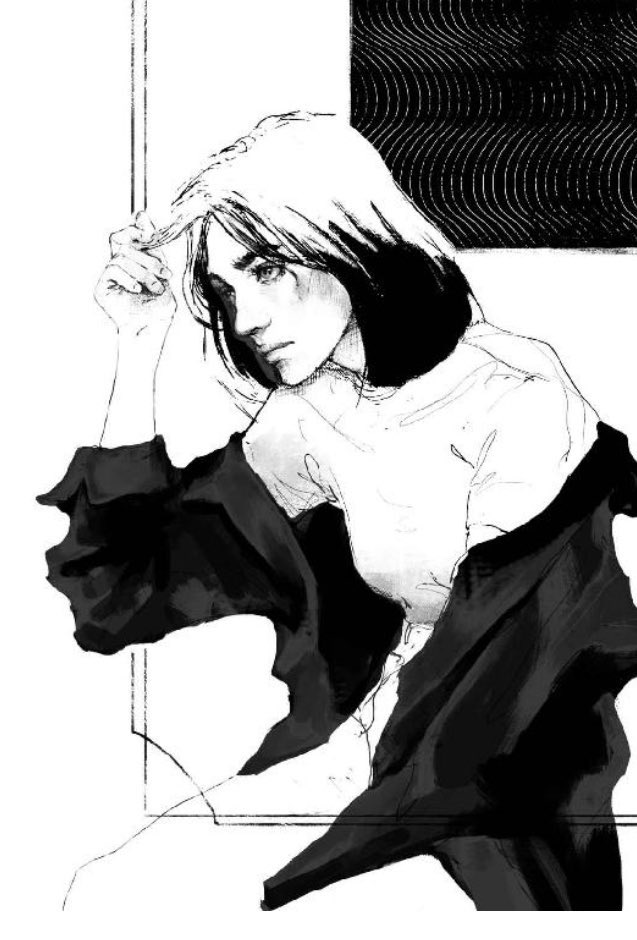
outlining process is essentially, for The Atlas Six specifically, I broke it down into the eight parts that are now on the table of contents.
And that was my outline. I just started with just the one page, as in these are the subjects I’m going to hit, this is what I think is going to be interesting to talk about.
And then, as I came to the end of part one, I started thinking about the details and points of view of part two.
For me [doing a more detailed outline], it takes the fun out of it, because the writing process is just, let me sit here in daydream for a while and a lot of my process is like, you know I’m not going to sit down and start writing until I have kind of a visual daydream for a majority of the big plot points.
The battle scene I had thought about for a long time before I sat down to write it, but that didn’t mean that I outlined that part at all, because that to me is like “Oh well, then I already wrote it.”
5. SANAH: Since I recently finished ‘Alone With You in the Ether’ I wanted to ask you about the concept of time. What was it that originally drew you to looking at it as a theory, and how did you stretch it into both of your stories? How did you implement those concepts into your books?
OLIVIE: I was writing Alone With You in the Ether, I finished it, I queried it in a very different form — it didn’t have so many of the stylistic elements, like the screenwriting portions in the beginning weren’t there — so it was a much more simplistic book, and I was researching that because I was trying to work with this theory that time was cyclical.
I just had this idea that the book would end with [Regan] being like, “what if we could just turn a corner and it would just be like, we’re basically running this scenario, over and over and I’m just going to keep looking for you.
I kind of wanted to work with, who theorizes that time is cyclical? Then, as I was thinking about that I [thought], there are really no perfect circles, so it’s probably not circular.
I was trying to think of what shape could time be and somehow ended up in quantum theory where hexagons are just everywhere; the concept of six is very common in math and especially in quantum theory.
I had put Alone With you in the Ether aside initially — it did not have a very mathematical time concept, it was just sort of a theoretical, romanticized idea, and then, when I started writing The Atlas Six is when I started really researching quantum theory quantum groups.
[I thought], this could work. I had already made the leap from science being magic. Who’s to say that this isn’t magical in some sense?
And then I went back to Alone With You, fleshed out the science part..
This is why I usually write multiple manuscripts at a time, usually in different genres– usually thinking about one thing is going to unlock something in another plot.
6. SANAH: Back to ‘The Atlas Six,’ the characters are obviously a significant reason why people enjoyed the book as much as they did — I want to talk a little about their powers and how they’re all sort of fitting to who they are, as people. How did you decide who would have what power, how it would represent them, and what fit to the characters?
OLIVIE: It was originally a completely different book; it was a portal fantasy about college students and it used a different group of main characters, and it sort of had elements of the characters specializing in a type of magic, and then I wanted to make it super specialized — I wanted to make it, these are the equivalent of Rhodes scholars, [or similar to] a fellowship [with] the best in their fields.
[So I took] that foundation, characters who have a very physical magic –telepathy — the one that just immediately comes to mind.
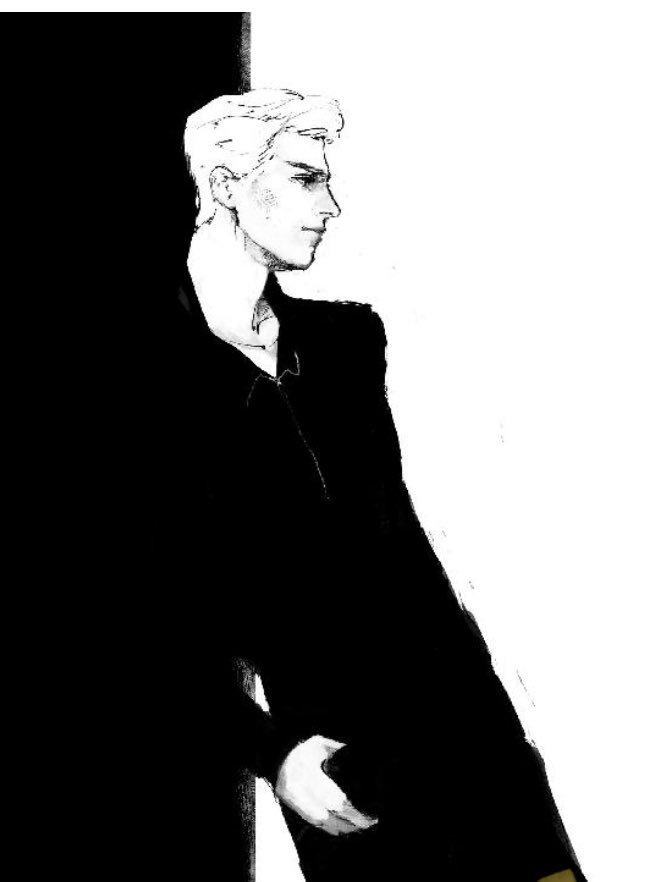
I had an idea for having someone who was manipulative. Which is Callum.
Callum in the initial version of this book was not a point of view character, he was just present in the background, and I just kept thinking — this character has so much potential to be more interesting. Same with Parisa, she was a background character.
But if we were going to be inside somebody’s head, we would want to be inside these two.
I wanted to actually understand how they were shaped by their abilities. But in terms of how I decided that — I don’t know, it just really seemed like it would be so interesting to occupy the mindset of someone who could do [what Callum and Parisa can do] and in positive and negative ways like what would it feel —
There’s this saying that I come back to all the time, which is: “nobody knows how the shoe fits except the person wearing it.”
That’s really how I approach all the characterization; you don’t really understand how a person’s mind works or what their motivations are until you actually occupy them and understand what’s difficult or easy for them.
[So, I thought], let’s take these characters who are — from the outside — extremely unlikable.
Their morality so shaped by what they can do that it’s detrimental to, essentially, their functioning in society; they understand the individual so clearly that they cannot function as part of the collective because they have disdain for it.
7. SANAH: How was it getting into each of the characters’ heads, when they were perceiving each other, and do you agree with Callum and those boxes that he puts everyone in towards the end of the book (page 313 to be exact)?
OLIVIE: I think Callum, basically what Callum does is he is doing a lot of extrapolating one who people are he takes facts about them and essentially crafts a narrative for them.
In a lot of ways, it is empathy and a lot of ways he’s like well if you just if you have these data points you can sort of plot out who the person would be and he’s probably mostly right.
But his Achilles heel is that he believes that he is absolutely correct.
So do I agree with him? Not necessarily.
I think he makes a lot of valid points, but at the same time, he is working with incomplete data sets because they haven’t done everything they’re going to do. So he’s just projecting who they are based on who they’ve been.
Part of the story moving forward is going to be: circumstances have changed them, the society itself has changed them, so what happens next?
In terms of actually being in their heads — that’s just something that’s just fun for me [laughs], it’s an exercise that I play a lot with myself, like you know, if i’m getting into an argument with my friends it’s always going to be like okay, let’s take this back and see where they’re coming from, but [I] potentially make the same mistakes as Callum where [I]just project something that I think is inside their heads, but anyway.
8. SANAH: Which character, or characters, do you think changed the most over the course of the story, and what should readers look forward to in terms of character development in the next book?
OLIVIE: Okay.
Well.
I really…
I am tired of morality arcs. I’m tired of characters who just get better.
Since this is an adult series I don’t have to constrain myself to the idea of what’s good and bad, I can just look at it as: this is a person.
If this is a person who hasn’t been supported, like Parisa or Callum or Tristan, you know pretty much all of them except for Libby — there’s a reason Libby is the moral voice – and when you look at them, I think Parisa has a lot (and Reina), they have lines like “what reason do I have to be selfless?”
I feel like I’ve been pretty straightforward about [the fact that] Libby’s on a corruption arc.
SANAH: Yay.
OLIVIE: I want to see what happens to someone who — not that she hasn’t encountered any hardships — but she’s been full on betrayed.
I think it’s more interesting to look at her story as an evolution from what’s happened to her personally, and not what is best for the world.
It’s essentially what I would want in fiction. I want to ask the question, what compels a person to be good, and what is good, and what circumstances?
Ezra too is functioning under — he has his own understanding of what’s moral based on what he thinks is going to happen.
I think just the whole series, I hope the book and everything as a whole will kind of really look at what is goodness, what is right, what information should be shared — it fundamentally just re-asks the same questions that fiction asks all the time, which is about free will, or about ambition.
9. SANAH: Did you purposefully pair some powers together like Libby and Tristan, or Nico and Reina working well together, or even when you showed how Parisa and Callum’s powers look when they’re paired against each other; were those conscious choices or did it happen by chance?
OLIVIE: That was mostly happenstance. The Callum and Parisa scenes especially — I started to ask myself, what’s the difference between these two people? What’s the difference between their abilities? I feel like if I don’t really make that clear the audience isn’t going to understand. Certainly part of the reason Parisa can’t stand Callum is that they’re super similar.
People always hate when they can see the parts of themselves they don’t like in other people.
That’s part of why Callum can’t stand Libby.
I sat down to write that scene [between Parisa and Callum]
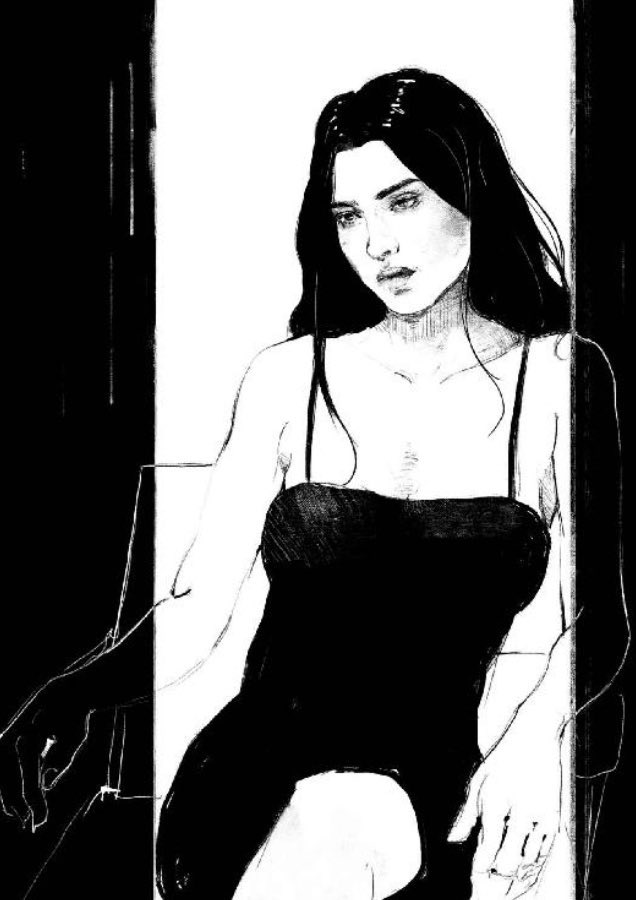
and it just came out how it came out, I honestly barely edited it, it was just like, this is what happened.
Tristan and Libby I thought were interesting just because I see the characters as shades on the color wheel and I want to see what happens when you put two similar ones together, two opposing ones together.
I think that by creating them to be alike and unalike, in certain ways that part was intentional, and then just pairing them up as would be most interesting to me to write. I’m a very easily bored person, so my entire writing process is: how do I keep myself interested in what’s happening.
SANAH: In terms of who’s most powerful, that’s got to be Libby, right?
OLIVIE: That’s tough to answer; we spend the book kind of asking that question, who can we not do without…
It’s different from each character’s perspective, I think.
Objective powers are not really a thing, especially because Libby, even if she has the most raw talent or ability, she’s constrained by who she is.
So I can’t exactly answer that, but I like this question. I think it’s an interesting question and I hope that people think about it, but I also don’t think it’s ready to be answered, yet.
SANAH: Were there any reader reactions that surprised you?
OLIVIE: I mean, I knew that if you like Libby, then you’re going to really dislike Parisa and Callum probably.
I didn’t create the characters to be liked or disliked I just created them to be interesting and to feel like their actions felt consistent with how they were set up.
I feel like I had a lot of blind faith that there were going to be people who found Callum interesting but definitely for the first probably year after The Atlas Six came out, I kept consistently getting “I love Libby I hate Callum I love Libby I hate him.”
I was like someday, there’s going to be someone who comes in here and says they find him interesting. I know it, I know it. So that was a nice turn, it was like, here we go, I knew these people existed.
I didn’t really have a lot of preconceived notions for how people were going to take it. First of all, I didn’t think it was going to be taken apart the way that it has been. I was afraid that if people did take it apart, it would immediately collapse.

11. SANAH: So is there anything that you can tell us about Book Two? **(Olivie described her answer to this question as “kind of spoiler-y” so if you do not want to know anything about the sequel at all then maybe skip this question. In my opinion it’s fine lol, but do what you will.)**
OLIVIE: Yeah, there are some things I can talk about.
I can confirm now that it will be a trilogy. It will definitely be a trilogy.
Book Three will follow very closely after book two.
We are sort of gradually zooming out, which was always my plan. I wanted it to be, Book One is extremely contained; they’re inside the society, they’re inside the society’s rules, they’re not really questioning.
They’re buying into this pretty insane idea — they’re basically being asked to kill someone, and not just anyone, someone that they’ve lived with and formed a relationship with. How do you do that? I think it’s by being so contained and isolated in that world.
It’s sort of like how on the bachelor your goal is, you want to marry this one person right, and I think it only works, because you’re stuck in this one house in this one environment — they’re not allowed to read other things and not allowed to like watch TV or whatever — and this one goal becomes that one prize that they put in front of you, and so I kind of wanted to replicate that effect.
But the stakes are changing, some of the characters are a little bit more awake than the others, and now that Libby has been removed from this environment her stakes are going to be very, very different. They’re personal and broader as well.
Nico’s investment in getting her back is going to change everybody’s perspective. Removing her was one way of making sure that they didn’t remain isolated, which is why this group of people is going to have a different experience than the classes of the society that came before.
So [in Book Two] we’re going to zoom out a little further, by the end of the trilogy we have zoomed all the way out and sort of understand not just their fictional world, but a little bit more about the world.
12. SANAH: Is there anything that we didn’t talk about that you’d like to share with readers who finished The Atlas Six?
OLIVIE: I’ve gotten a lot of people who keep asking me about the endgame ships.
SANAH: Ah, the ships.
OLIVIE: The ships.
I understand why people would ask me, I understand why people are really invested in certain relationships, and I also understand why some people think it’s like, cagey of me to be like: *shrugs*.

I’m [not] withholding information but it’s just my creative process, I’m not working that far ahead and I don’t think it would be as good if I decided “this is where these characters are going to end up”.
I also don’t think this is the kind of book where you come into it being like, I want to see a wedding at the end.
I stopped bringing it up because I think it’s interesting to see what people ship. I’ve now seen a lot of different edits, and I’ve seen what people think are interesting and I don’t think that anybody’s wrong…
SANAH: Really? You’ve never seen anything that made you go hmm I wonder what they’re thinking? Never watched an edit and just laughed?
OLIVIE: Yeah, I think one of the things I’ve been asked a lot about is Callum and Libby as a ship and.
SANAH: Oh.
OLIVIE: Yeah. And you know, my answer to that is, I get why it’s interesting.
Um, I don’t think it’s healthy, but that doesn’t — we don’t go into all books being like, we’re only here for healthy relationship.
But that’s definitely one [ship] where people are like, “what do you think about this?” and I’m like I mean…
I wouldn’t say that that’s on the page. I wouldn’t say you should look for this.
SANAH: I think that hate to love is just popular.
OLIVIE: Yeah I totally get why it’s an exciting concept, you know I get like, enemies to lovers. As a concept, I get why that’s exciting.
So, all of this to say that a lot of times when I give something that sounds very vaguely like no comment, it actually is no comment.
I’m just excited to see that you guys are talking about it and thinking about it.
SANAH: Yeah I mean you know that ships are a popular topic of discussion when it comes to any book and especially in this book where every character seems to have an interesting dynamic…
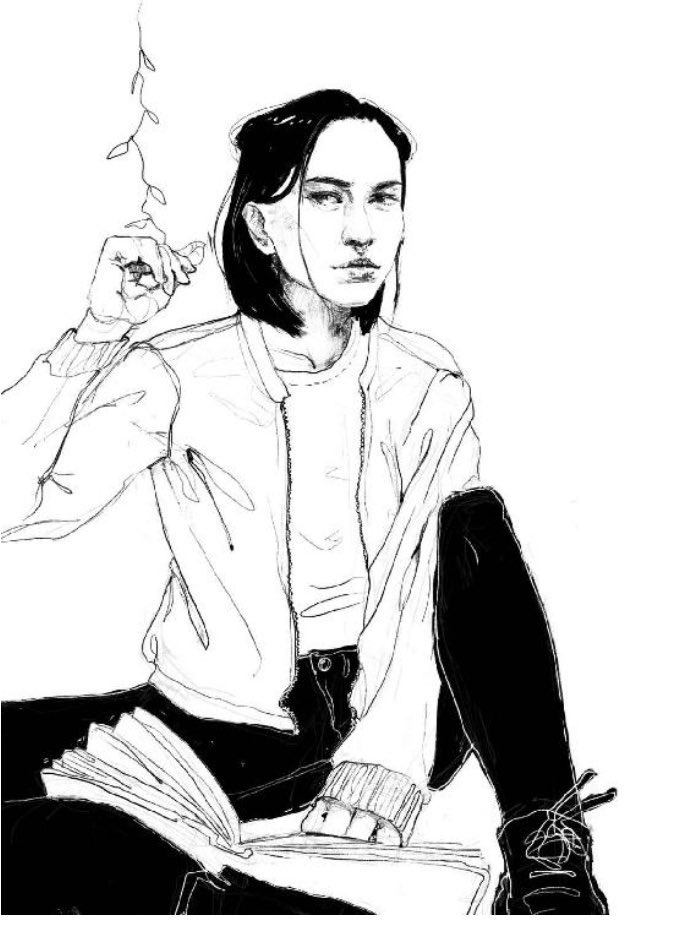
OLIVIE: Which I totally get, and I’m a romantic person myself. I’ve written a lot of romance, my alter ego is a romance writer yeah and it’s definitely…
You can’t sort of… separate power from romance and sex, you know it’s — specifically sex —
That’s why the threesome scene is so critical to the plot. At least one of those characters is aware that they’re altering the dynamic because they’re messing around with the way that power is held in the house.
In that sense romance is very interesting to me, but it’s also not the point.
So people ask, “is there going to be more romance?” like, of course.
Of course, how could you ignore the chemistry and the dynamics that people have with each other, the way that they’re going to want to influence each other? It’s going to be there.
But am I thinking about who ends up with who? No.
13. SANAH: Can you share anything with us about the traditionally published young adult that you have coming up?
OLIVIE: My Mechanical Romance is my young adult Rom Com which is coming out on May 31, 2022. We just got that date so that’s very exciting. It’s about two teens that are on a combat robotics team. It’s an opposites-attract romance. It’s the first time that I’m writing about a character who has my background, so the female lead is half Filipino first generation American.
That was fun for me to write. My mom emigrated from Manila, and she didn’t want to teach me Tagalog, because she didn’t want me to go to school with an accent; she was very concerned that people would make fun of me. I see it happen a lot, it’s very familiar, so I understand some Tagalog, I don’t speak a word. But now I have my son, and I have my Mom’s voice in my head, saying the Tagalog terms of endearment and using words that I remember from my childhood, and it feels so strange that I can’t say them; I hear them in my head and I can’t communicate them.
So I’ve been thinking a lot about how that is not something I’ve had a chance to write about, but in the young adult setting I can sort of allude to it — that question of identity, this is where — you know what we were talking about earlier — the point is to talk about the The Self and how you identify and what you understand about yourself and how you fit into the world. While that’s not what The Atlas Six is, that very much is what My Mechanical Romance is.
[The question of] how do I exist in the world.
SANAH: Anything else about the Atlas Six…
OLIVIE: So it’s going to be a trilogy, definitely.
People have been asking about audiobooks and hardcovers, and all I can say is, all the things that people have asked me about are coming wink wink.
14. About self-publishing The Atlas Six
OLIVIE: I do think in a lot of ways that it was kind of a strength that I didn’t write it for traditional publishing. I think there’s a lot of stuff I would have had to… just stuff that I wouldn’t — I took risks that I wouldn’t have taken if I were trying to traditionally publish it.
So, in that sense, I can see why people are like “why doesn’t this happen more in books?” and it’s like, because we have to get through like, the gatekeepers of publishing who would not allow this to happen, so it’s kind of crazy but also understandable that people would be like “oh, well, here’s all this stuff that I wanted to see I didn’t realize we could have a book full of like a hundred percent sexually fluid characters.”
About Alone With You in the Ether
OLIVIE: I’m excited that you enjoyed Alone With You in the Ether also because that was, it has elements and things that were really hard for me personally, I mean in the acknowledgments section, my little author’s notes talks about that.
That’s one that I definitely wouldn’t expect… it’s not ubiquitous, it doesn’t speak to everyone, but the people that it does speak to, it matters a lot to me that people feel something from that book.
SANAH: I was scared that you were going to like, have some tragic ending.
OLIVIE: Well, part of… that book is really about portraying, not just my experience with mental illness, but just mental illness where you get to actually live your life and where love is something — it’s very frustrating to watch stories about mental illness that end with the mental illness, you know where it’s like, this just defines you and this is all you are.
I wanted these characters to be defined by their love and their acceptance of themselves so yeah so I get why people worry that it doesn’t have a happy ending, but truly the point of writing it was to give them a happy ending.
extras 🙂
(On Dalton)
Alexene Farol Follmuth: Someone just recently told me they were like I didn’t find Dalton to be attractive until Parisa found him attractive, which I thought was was just very funny um. Where did Dalton come from he’s another one, who was like a throwaway character, initially, he was just there to represent someone who had gone through the institution, you know, like, I feel like part of what you have to have, in order for these six people to buy into this concept of the society because they’re all cynical in some way you know, no one goes right into it like yes i’m all in on whatever this society is they all kind of come in, like I don’t know about this and, like so I needed to give them someone who had essentially gone through the process, who is proof that like this isn’t a scam like this is a is a real thing you know I feel like it was…
Alexene Farol Follmuth: If you if you look at the society is like a cult you know you need to have the person who has bought in to convince other people.
Alexene Farol Follmuth: But I didn’t want.
Alexene Farol Follmuth: it’s it wouldn’t you know again it wouldn’t be interesting to me to just have a character, who was 100% bought in without a reason why.
**// (this is where i get tired of editing this post can you notice) //**
Alexene Farol Follmuth: yeah um and and something very big you know something so big that it has motivated what seems like extreme loyalty to not just the society but atlas and I think always i’m very skeptical I get.
Alexene Farol Follmuth: A lot of people say this is that i’ve noticed about the Atlas six you know they they walk in skeptical of authority figures.
Alexene Farol Follmuth: And, and then that’s what you know that’s the attitude that I expect people to come in with right and.
Alexene Farol Follmuth: So in that way dalton’s almost a red herring it’s almost like okay well he’s so bought in but like.
Alexene Farol Follmuth: atlas must be a villain you know, like he’s so bought in that they’re like we the audience are smart enough to know that there’s some other story here, and then I thought it would be interesting if part of the story was not actually atlas but Dalton.
(On naming Callum)
Alexene Farol Follmuth: I just thought it sounded cool.
Alexene Farol Follmuth: I wanted him to have sort of a rich white boy name.
Alexene Farol Follmuth: yeah but also, I mean that’s where callum comes from, and then I don’t I don’t remember where I like tripped over Nova.
Alexene Farol Follmuth: But I thought you know because he’s.
Alexene Farol Follmuth: he’s his family is like.
Alexene Farol Follmuth: You know works for the equivalent of like a beauty company.
Alexene Farol Follmuth: So I wanted something that sounded kind of like a little futuristic something that was like this could conceivably.
Alexene Farol Follmuth: be active in a capitalist whatever.
(On the scene where Nico reinforces the house)
Alexene Farol Follmuth: my husband was like, there was there was a point in the middle where we didn’t see anyone do any magic for a while, like we didn’t see anyone physically do anything so the scene, where Nico is reinforcing the house and security that was added in.
Alexene Farol Follmuth: yeah so my husband decided that it needed something and so that’s where that came from — was looking over the outline being like Oh, I see where there’s a hole and then putting it in there.
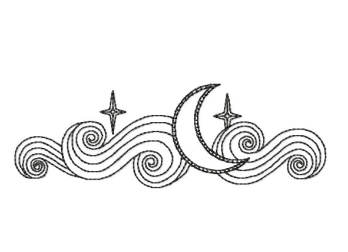
Thank you so so much to Alexene for taking the time out to chat with me! It was such a captivating and fascinating conversation and I wish I could share all of it, but this blog post would be much too long if I did.
If you’ve made it all the way through this interview, thank you for reading and I hope you enjoyed it! Please check out the ‘About the Author’ and book links section below to grab your own copy of The Atlas Six, Alone With You in the Ether, or any of Alexene/Olivie’s other books, and feel free to leave a comment below 🙂
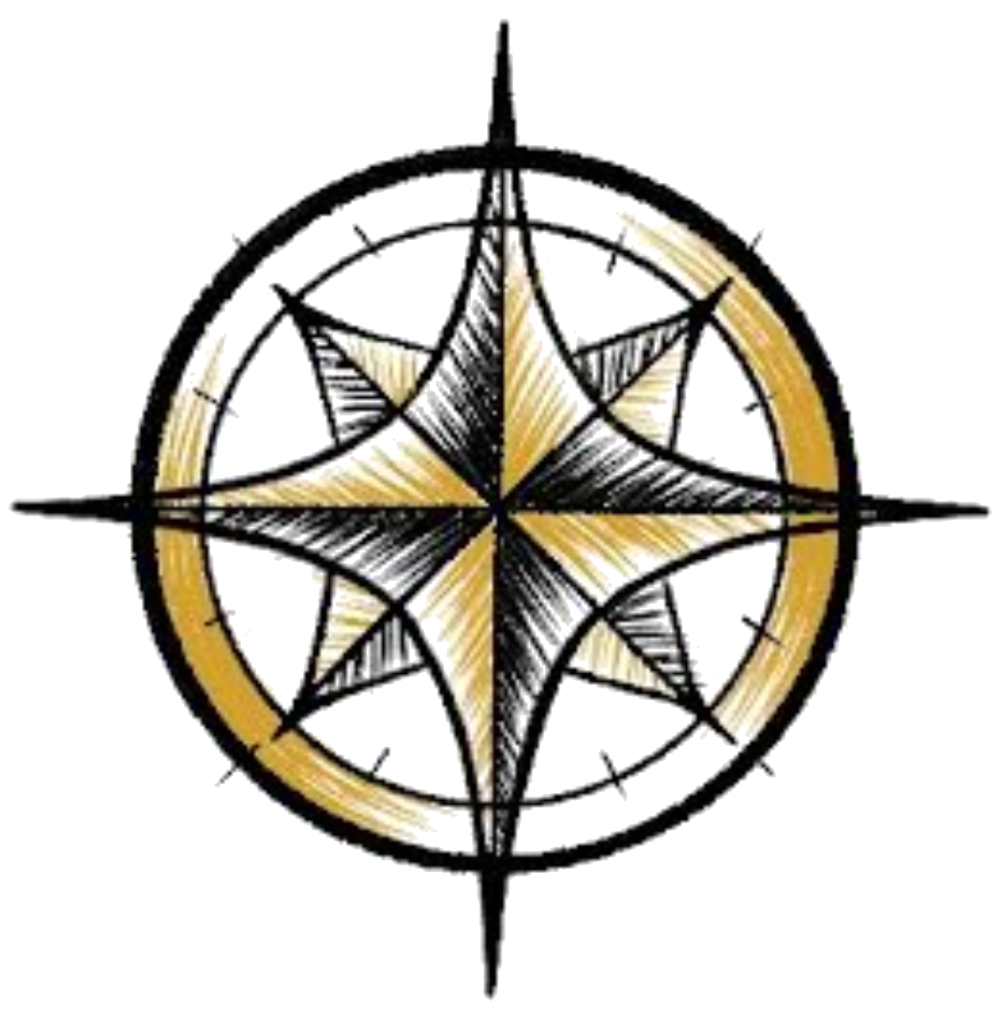
About the Author
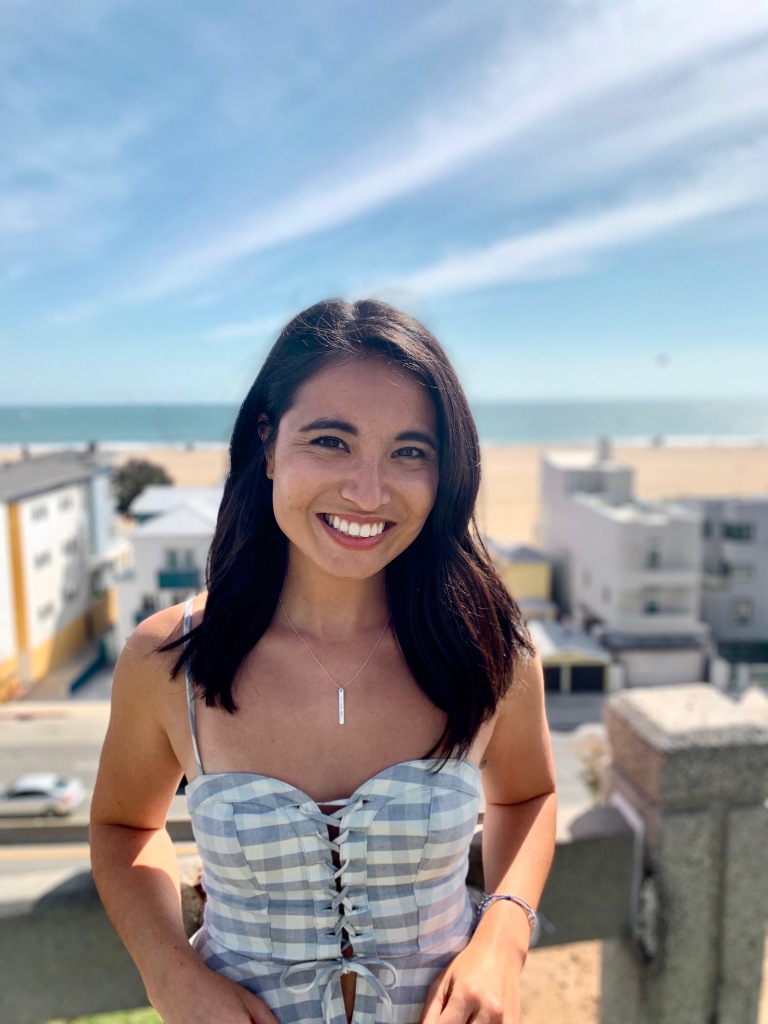
Alexene Farol Follmuth, also known under the pen name Olivie Blake, is a lover and writer of stories, many of which involve the fantastic, the paranormal, or the supernatural, but not always. More often, her works revolve around the collective experience, what it means to be human (or not), and the endlessly interesting complexities of life and love.
Alexene tripped and fell into writing after abandoning her long-premeditated track for Optimum Life Achievement while attending law school, and now focuses primarily on the craft and occasional headache of creating fiction. As Olivie, she has been published as the featured fiction contributor for Witch Way Magazine, as well as the writer for the self-published graphic series Alpha and a variety of other books. As Alexene, her debut YA novel, My Mechanical Romance, is coming May 31, 2022 from Holiday House.
Alexene lives and works in Los Angeles, where she is generally tolerated by her rescue pit bull. She can be loosely defined as the sort of person who picked up sparring as a means to improve writing fight scenes.
Upcoming Projects:
Clara and The Devil Season 2 Web Comic (written specifically to be portrayed via visuals) updating every Tuesday.

*All character art in this post is by the ever-so-talented Little Chmura.
Book Links
Goodreads | Barnes & Noble | Amazon | Book Depository
- The Atlas Paradox (Book 2) Excerpt (Sequel Preview)
- The Atlas Six Twitter bot
- The Atlas Six Deleted Scenes
- The Atlas Six Tumblr Group Chat

And that’s a wrap! Once again, thanks so much for tuning in. If you’ve read The Atlas Six, or plan on reading it, feel free to leave a comment below and let’s chat. Until next time, happy reading!
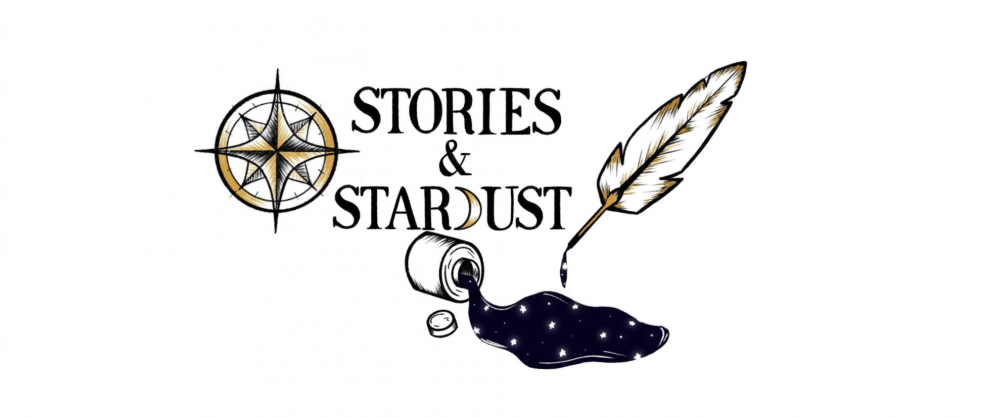
omg the atlas six is so high on my tbr, i loved reading your interview with the author and getting to know more about it! love this post ❤️
LikeLiked by 1 person
ahh I’m glad to hear that ahaana, please do let me know when you start it!☺️
LikeLiked by 1 person
Sanah this was such a brilliant interview!!! I’ve been excited about this post since you mentioned the interview on twitter. I loved all the questions you asked and loved reading her answers to it. While reading TA6 I did wonder if people shipped Libby and Callum just because some people like those hate to love romances, but wow it’s weird to hear people are actually into that ship 😮 and I really have to read Alone With You in the Ether, it sounds so good!
Thank you for linking my review, you’re a sweetheart! ❤
LikeLiked by 1 person
thank you so much saima!! i’m so glad you enjoyed the interview, and yeah i was surprised too when she mentioned callum & libby i almost started laughing lol. have you read any of her other books besides ta6? she has so many past works that i’m reading rn; alone w you in the ether is incredible and i highly recommend, can’t wait to see your thoughts when you get to it!!❤️❤️
LikeLiked by 1 person
Lovely post! I just actually purchase the Atlas Six, and have been so excited to read it! I loved your interview with the author!!
LikeLiked by 1 person
thank you, and i hope you love it!! can’t wait to read your review once you finish😊
LikeLiked by 1 person
this was such a great interview! The Atlas Six sounds like an amazing book and is high on my tbr so i can’t wait to read it 😊
LikeLiked by 1 person
thanks so much aarushi! hopefully you’re able to get to it soon❤️
LikeLiked by 1 person
Ooo I’m going to have to bookmark this for after I read the book!!
LikeLiked by 1 person
i’m excited to see your thoughts once you finish it!☺️❣️
LikeLike
Oh wow I loved hearing about how much the characters changes and omg yes I can’t wait for libby corruption arc!!! I can’t believe people ship Libby and Callum?? Somehow I’ve never seen that.
And Alone with you in the ether sounds so so good and I can not wait to read it!
LikeLiked by 1 person
libby’s arc in book 2 is sure to be amazing i cannot wait!!
i’m excited for you to read awyite i think you’ll really love it! ❤
LikeLiked by 1 person
I think so too! I can’t wait to read it!
LikeLiked by 2 people
lovely interview! i can’t wait to read the atlas six, everyone on twitter keeps raving about it.
LikeLiked by 1 person
thank you so much! i hope you’re able to read it soon, i can firmly say that it’s deserving of all the hype that it gets!!!
LikeLiked by 1 person
AHH this interview is so great, I loved every second of it!! I’m reading TAS in August btw, can’t wait!!
LikeLiked by 2 people
yay i’m so glad to hear that! i truly cannot wait to see what you think of the book, i hope you love it as much as i do ❤
LikeLiked by 2 people
sanah this was such a lovely interview, thank you so much for it! the atlas six has been on my tbr for the longest time ever and i’m even more excited to read it now! so heartening to hear from the author on the themes of knowledge especially the examination other communities of knowledge being lost to that of western imperialism, and that of time sounds intriguing as well! i loved how in-depth this interview was, great post sanah! ❤
LikeLiked by 2 people
cherelle!! thank you so much i’m glad you enjoyed the post ❤ there are some incredible themes touched on in the story, even more than what was mentioned in this interview, and it serves to make this an even more impactful book. i really hope you're able to get to the atlas six soon, i think you're sure to love it!
LikeLiked by 1 person
Great Interview!!! Loved the questions you asked and the answers!! Especially the ones on Knowledge and knowledge lost coz of western imperialism. It was illuminating.
LikeLike
great interview!! i bought the book and can’t wait to read it! it sounds amazing.
LikeLiked by 1 person
thanks so much, and i hope you enjoy the book!!
LikeLike